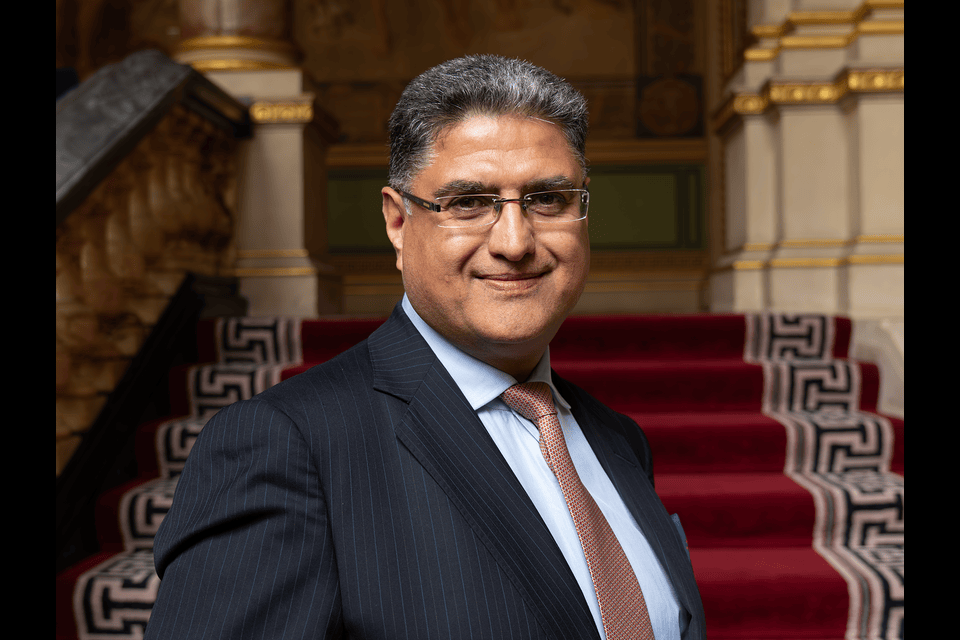'We wholeheartedly take the pledge for gender parity'
Transcript of a speech by the British Deputy High Commissioner Chennai, Bharat Joshi on the occasion of International Women's Day.

I’m very pleased to be here today in this august Institution established so soon after Indian Independence. While this is my first visit, I hope that it won’t be my last. Education is one of the world’s most powerful forces for good, empowering communities and unlocking talent and ambition. While the Millennium Development Goal on universal access to education has made real impact on access, including improvements on gender parity, there’s still a long way to go in many regions. As Malala Yousufzai has said, “Let us pick up our books and our pens, they are the most powerful weapons.”
The former British High Commissioner was fond of saying “Well behaved women rarely make history”. I want to reassure your teachers that I’m not here to encourage you to misbehave, but I do strongly believe that you have a duty to help India reach its full potential, even when in many fields the decks are stacked heavily against you. It’s a fairer time to be a woman in many countries, but not everywhere, and most of you will have to fight harder than your male counterparts to reach the same place, even though in many cases you will be smarter, harder working and have greater emotional intelligence.
The International Women’s Day 2016 campaign theme is #PledgeForParity. We have much to celebrate. Increasingly, women are more visible in senior roles in business, politics, entertainment, art. Worldwide, women contribute more and more confidently to social, economic, cultural and political achievement. But progress towards gender parity has slowed in many places. The World Economic Forum predicted in 2014 that it would take until 2095 to achieve global gender parity. Just one year later, they estimated that a slowdown in the already glacial pace of progress meant the gender gap wouldn’t close entirely until 2133.
That is frankly unacceptable in the 21st Century. The future that my Government is working for – that I’m personally working for – is a world, in which people are able to fulfil their potential regardless of gender, race, religion, class, wealth, colour, disability or sexual preference. That’s the world that you deserve, and the world my daughters deserve. And it would be a fundamentally better world.
Gender issues sits right at the very heart of the UK’s work in India. We have supported related projects across India, building awareness around safety and sexual harassment among girls, ensuring greater social participation of tribal women, capacity building of civil society organisations across India who work with women’s rights. We sent a high-powered delegation of Indian women leaders to the UK to improve our shared understanding of gender issues and priorities, including India’s Chairperson on the National Commission for Women.
In Tamil Nadu and Kerala, my team delivered a first of its kind project to help victims of violence against women (VAW) through sensitising practitioners. 170 legal, police and judicial officers benefited from workshops to take back new learning to districts across these two States and thatwork, and the resulting handbooks in Tamil and Mallu, should deliver improved access to and speedier justice. I am proud that today in Delhi, a newly designed Learning and Sharing Manual based on that work that can be used by VAW practitioners across India, to better understand and contextualise historical and new legislation and practice will be launched.
So today I want to tell you that, whether you are well behaved or considerably less so, that the British Government stands with young women like yourselves in standing up for women’s rights across the world. We will work with you to tackle the scourge of violence against women. And we wholeheartedly take the pledge for gender parity.